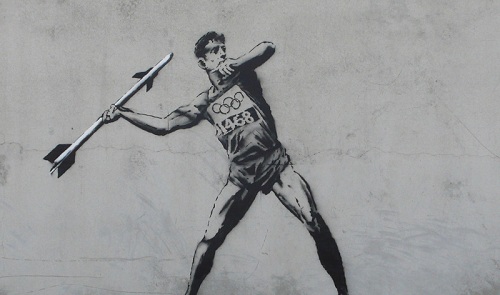Who Controls the Internet?
Tuesday, July 31st, 2012 by Lenard KamwendoMembers of civil society, donor agencies and government representatives from various countries converged in Nairobi, Kenya to discuss ways to make the Internet free under the discussion topic “Who Controls the Internet.” Civil society representatives were mainly from African countries and the Kubatana Trust of Zimbabwe was part of the workshop. Global Partners and Associates organized the workshop with support from the Kenya Human Rights Commission, Ford Foundation and Association for Progressive Communication (APC).
Internet as a tool to democratize free speech has come under attack and surveillance especially from authoritarian governments. The race to control the Internet by governments under the disguise of protecting public interest and national security has made civil society realize the need to shape the Internet environment nationally, regionally and globally.
In order to shape the Internet environment delegates at the workshop shared ideas on how to engage governments in policy formulation, which addresses human rights online. The need to sensitize Parliaments was also seen as an effective in making policy makers aware of the changing and demanding environment of the Internet thereby helping them when crafting Internet friendly policies.
The launching of the Freedom Online Coalition in December last year was seen as positive step towards the direction of protecting human rights and fundamental freedoms online. The Netherlands government representative at the workshop explained briefly about how the Freedom Online Coalition works by highlighting that the Coalition is made up of 17 countries across the world committed to promoting Internet freedom. At the launch last year the Coalition also pledged to provide greater support for cyber activists and bloggers under threat. As part of this effort, the United States and the Netherlands committed funds to a new Digital Defenders partnership. Currently the Netherlands government is working in Kenya on a program to make Internet free in that country.
Civil society representatives collaborated on a shared statement covering issues discussed in the three-day workshop covering effective strategies to use across the continent and what other stakeholders can do in the shaping of the Internet environment.










